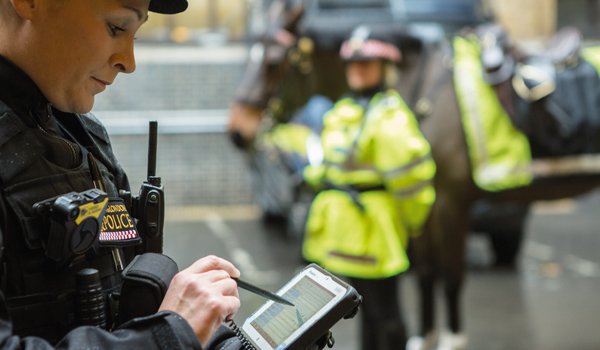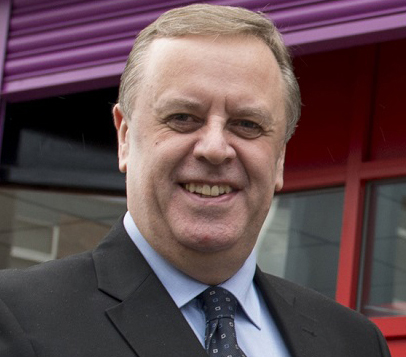Taking on the traffickers with technology
Gordon Harrison explains how technology can help police get the upper hand in the battle with slavery.

People trafficking is happening on a huge scale across the world today. A study by the human rights charity, Walk Free Foundation, estimates that 29.8 million people live in slavery globally. The UN Office on Drugs and Crime recently described human trafficking as a global enterprise worth around US $32 billion a year.
Police forces and governments alike have so far struggled to tackle the problem effectively but today we are finally seeing signs of a breakthrough. As of 2012, 134 countries and territories had enacted legislation criminalising it and the percentage of countries without an offence criminalising the activity halved between 2008 and 2012.
The Governments announcement of a draft Modern Slavery Bill is one example of this and it should be applauded, especially in terms of its creation of the new post of anti-slavery commissioner which will be key in liaising between law-enforcement agencies and other stakeholders, helping to trigger investigations and generating more prosecutions.
Highlighting how seriously police take the challenge of combating organised trafficking groups, the new National Crime Agency will take the lead. We have already seen some successful prosecutions but as yet, it is just the tip of the iceberg. So the introduction of the Bill potentially allows the police to take a big step forward not only in detecting and prosecuting offenders, but also in removing victims from harm and providing support during the prosecution stage.
Police family support teams will also have a critical role to play in helping tackle these crimes as considerable amounts of intelligence will be gathered during debrief interviews with victims, including such critical information as how they were approached, by whom, the method of transport used to traffick them and the kinds of payment methods employed.
So the draft Bill represents a positive step forward. However, raising public awareness will also be key to capitalise on this. Both national and local government departments can play their part here as can the growing array of pressure groups across the UK.
Critically also, technology needs to come into play to support police and other law enforcement agencies. The draft Modern Slavery Bill has pointed the way forward but those leading the task of tackling slavery now need to start deploying solutions that enable them to really get to grips with the problem. The role of the anti-slavery commissioner will be vital here in ensuring that the right technology is implemented and that it is proactively used to more effectively tackle human trafficking.
Agencies dedicated to tackling human trafficking need to start deploying solutions that enable them to confront it. Effective information gathering will clearly be critical in tackling the problem. This does not have to be carried out directly by the police; it could be through informants, or from leads received from the public, for example. As law enforcement builds on the limited information about human trafficking in its systems today, data gathered during these investigations needs to be linked across not just the police but all relevant agencies.
Today, the expertise and capability to tackle organised crime groups is in place and tactics used to disrupt those can easily be applied to combatting human trafficking. High-quality technology is available to help anti-trafficking professionals within agencies across the UK to effectively address this crime.
The Government is beginning to demonstrate a will to challenge it. So the scene is now positively set for law enforcement to begin to get the upper hand in the battle against this terrible crime.
Gordon Harrisonis an industry consultant for Public Security at business analytics software specialist SAS.



